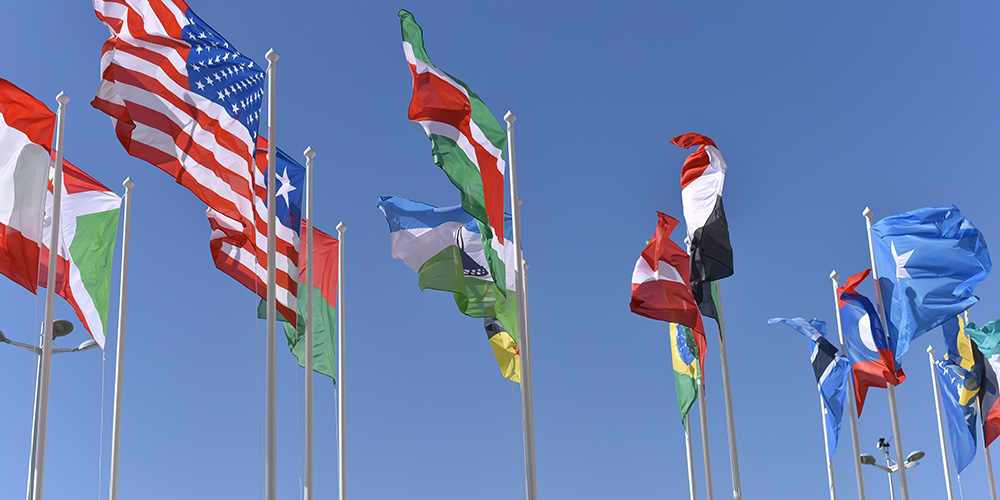Cells can generate vesicles as a response to changes in their environment. Although such cell-derived vesicles have great potential for biomedical research, their membrane is fragile and they have tendency to cluster together. Researchers at the University of Basel have successfully introduced a strategy to overcome these issues by equipping the vesicular membrane with a stabilizing shell.

Threat or salvation? The way in which people judge globalization depends on their own experiences. They carry more weight than forecasts of potential gains. This has been shown in an experiment by researchers at the University of Basel.

The heart disease arrhythmogenic cardiomyopathy can lead to sudden death, particularly affecting young athletes. Researchers at the University of Basel have now genetically modified mice, which develop a similar disease to that found in humans. This allowed the team to identify previously unknown mechanisms and potential therapeutic targets.

The values that matter most to primary school children are safety and the well-being of others. Teachers, meanwhile, also want to cultivate self-direction – in the same way that the Swiss curriculum aims to do. These are the initial findings of an extensive study conducted by the Institute for Educational Sciences to explore how values are taught in schools.

For more than a century, the Euler Committee of the Swiss Academy of Sciences has been publishing the works and correspondence of the mathematician Leonhard Euler (1707–1783). The publication of the final printed volume at the end of October also marks the beginning of the digital age, explains Prof. Dr. Hanspeter Kraft, President of the Bernoulli-Euler Society.
The new technology platform is operated jointly by the Universities of Basel and Zurich and the ETH Zurich and offers researchers around Switzerland access to cutting-edge technology in the field of nuclear magnetic resonance (NMR) spectroscopy.

For a long time, antibiotics were considered a silver bullet against bacterial infections. Over time, many pathogens have adapted to resist antibiotics, so the search for new drugs is becoming increasingly important. An international team of researchers including scientists at the University of Basel, has now discovered a new antibiotic by computational analysis and deciphered its mode of action. Their study is an important step in the development of new effective drugs.

The cerebellum is known primarily for regulation of movement. Researchers at the University of Basel have now discovered that the cerebellum also plays an important role in remembering emotional experiences. The study appears in the journal PNAS.

How did teaching staff cope with the sudden switch to online teaching during the coronavirus pandemic? Researchers from the University of Basel investigated this in collaboration with Eucor – The European Campus. Their conclusion: generally well, albeit with mixed feelings.

